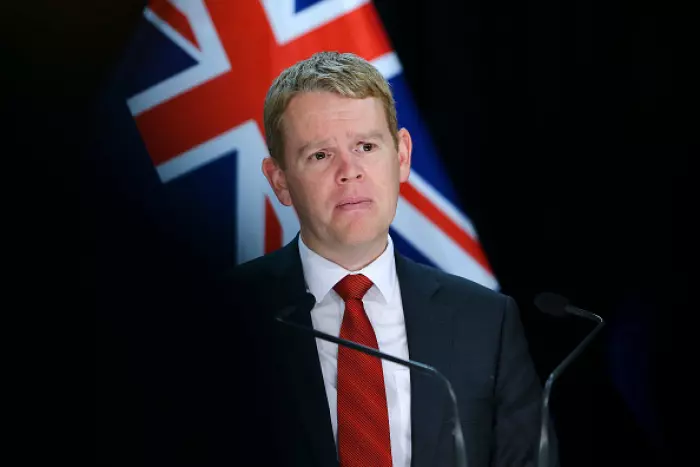Jacqui Van Der Kaay
Jacqui Van Der Kaay is a PhD student at Victoria University of Wellington. She is a former journalist, holds a Masters degree in Political Science from Victoria University of Wellington and has a specialist interest in political leadership, voter behaviour, immigration and how social media affects democracy.
An issue of integrity has claimed the first ministerial scalp in Prime Minister Chris Hipkins’ premiership.
Police Minister Stuart Nash lasted mere weeks in the role after admitting in a radio interview this morning that he had called Police Commissioner Andrew Coster to ask him if police were going to appeal a judicial sentence that he was unimpressed by.
After spending several hours trying to defend the indefensible, he offered his resignation to the Prime Minister. He retains his position in Cabinet and other portfolios but for how long only time with tell.
All opposition parties have been quick to jump on this first integrity scandal of the new administration. And rightly so. It’s black and white, even if Nash didn’t see it that way.
In New Zealand’s democracy, the separation of powers between Ministers, their department, and the judiciary are clear. No rule book is required.
There is, of course, a rule book, known as the Cabinet manual which clearly states that ministers must not interfere in the judiciary or try to influence departmental decisions. It doesn’t matter that Nash wasn’t police minister at the time.
Quite what he was thinking when he decided to have a chat with his “mate”, Police Commissioner Coster, about what he considered was an unfair decision by a judge only he can know.
Criticising the judiciary is an area no Minister of the Crown should ever step into. Doing so to the Police Commissioner only makes it worse. Admitting it on live radio and not realising your mistake, can only lead to one outcome.
The Prime Minister has moved decisively in accepting Nash’s resignation. But he will also need to move equally as fast to quell any doubt that Nash’s error of judgment in this portfolio could be repeated in his others. The opposition smells blood and will keep hunting.
Integrity issues such as this, raise questions, not only about the integrity of the individual concerned but also about the institutions of which they are a part. By keeping Nash in Cabinet and in his other portfolios, Hipkins risks undermining the trust the public has in Cabinet and the government.
For Chris Hipkins, this latest scandal has followed quickly on the heels of other integrity issues raised by the sacking of the former head of Te Whatu Ora Rob Campbell. While Campbell lost his job, other government Board members including former high profile former Labour Ministers Steve Maharey and Ruth Dyson have kept theirs despite commenting publicly on political issues.
The Prime Minister has been working hard to set his Government apart from his predecessor’s. He won’t want issues such as these to take attention away from his “bread and butter” agenda.

